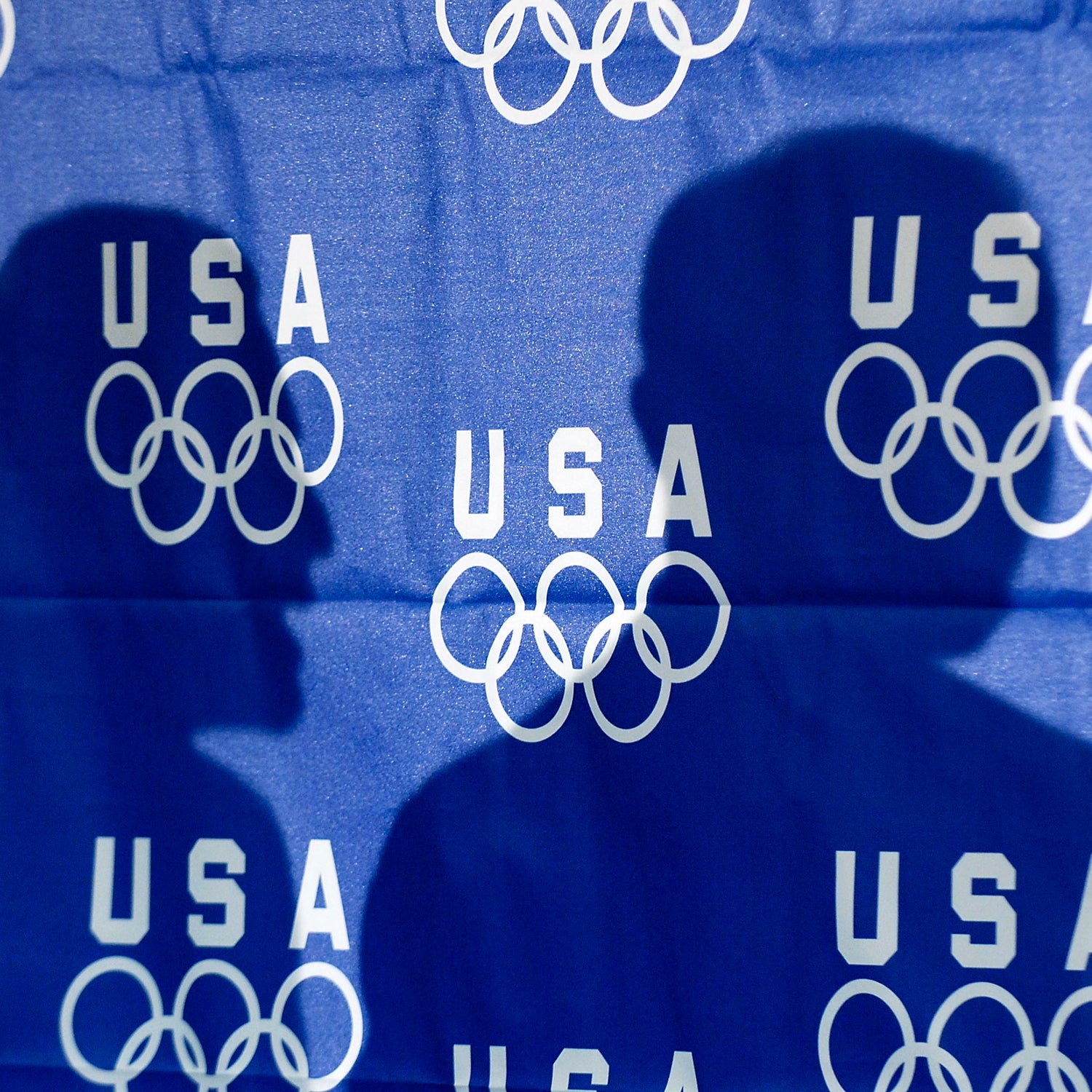On February 28, the International Olympic Committee (IOC) announced that respect for human rights will now be encoded into the , the document that binds the conduct of winning games bidders. The new contract language broadly addresses discrimination, abuse of human rights, fraud, and corruption. Host cities and, by implication, host nations must “protect and respect human rights and ensure any violation of human rights is remedied in a manner consistent with international agreements….”
Human rights organizations have been battering the IOC for years over its neglect of such language. “We see the contract as a major step forward,” says Brendan Schwab, head of Uni World Athletes, an arm of , a Switzerland-based workers’ rights group umbrella. Uni World Athletes is part of a coalition called (SRA), which includes Human Rights Watch, Amnesty International, the International Trade Union Confederation, and other organizations that have been agitating for the explicit inclusion of human rights protections as part of the IOC’s criteria for host cities. The new contract will first apply to cities hoping to host the 2024 Summer Games, which will be announced in September.
But the development raises a serious question for those hoping Los Angeles will win the 2024 bid (): Would the United States pass the test?
In the context of the IOC’s dark human rights history, the case would seem to heavily favor the United States as a shining beacon of liberty. In 1935, despite the recent passage of Hitler’s racist Nuremberg Laws that year, the IOC insisted the 1936 Summer Games in Berlin go on as scheduled. Avery Brundage, then the chief of the American Olympic Committee, declared the movement to boycott the games a “.”
The IOC rewarded Brundage with an IOC seat after it expelled former U.S. Secretary of the Navy Ernest Jahncke, who favored a boycott. Despite being an anti-Semite, Brundage’s fellow members elevated him to lead the IOC in 1952. He ran it for 20 years. From 1980 to 2011, the IOC was led by , an unrepentant fascist and admirer of Spain’s murderous Generalissimo Francisco Franco.
“Without any clear system for enforcing these rules, they will only be useful as a stick for activists to beat the IOC with.”
The people (usually men) who manage the IOC, and the member sporting federations, also have a history of awarding the games and various world championship events to cities governed by repressive regimes. The 1980 Summer Games went to Moscow at a time when the Soviet Union was sending people to gulags and invading other countries. The 2008 Summer Olympics went to Beijing despite warnings of ongoing human rights violations. When the Chinese ignored their own pledges of press freedom, the .
The IOC has refused to criticize the forced dislocation of city residents whose homes are inconveniently located, like the who stood in the way of Olympics-related projects in Beijing and the who were forced out before last year’s Summer Games.
The same has proven true of other big international sporting events. FIFA’s insistence that soccer’s World Cup go to Qatar ignored the sheikdom’s lousy human rights record (not to mention its sizzling weather). The exploitation of laborers building the Qatari World Cup led Amnesty International to dub the event “.”
In light of the new rights language, however, recent actions and proposals by Donald Trump, especially his executive orders on immigration and travel to the United States, the L.A. bid could be endangered. After all, the new contract explicitly prohibits discrimination “with regard to a country or a person on grounds of race, colour, sex, sexual orientation, language, religion, political or other opinion, national or social origin, property, birth or other status.” Both Trump and the U.S. Olympic Committee have responded by saying that the president supports the games coming to Los Angeles. This week, L.A. bid organizers insisted that Trump to accommodate the needs of the games.
In the reality of the games’ bidding contest, the human rights language likely won’t matter much for 2024. Other possible candidate cities backed out of the bidding after their citizens rejected the high cost and inconvenience of hosting. Only Los Angeles and Paris remain, so the IOC does not have a wide choice.
America could even be the lesser of two evils: France may soon elect as its president. Le Pen has campaigned for laws that many view as racist and xenophobic—including a tax on foreign workers, ousting Muslim dual citizens with “extremist views,” and favoring native French over foreigners for public services like welfare and housing. Los Angeles also represents a very lucrative media and advertising market for the IOC (which declined to be interviewed for this story, instead referring ���ϳԹ��� to a press release).
Even without any of those considerations, the United States probably would pass the new litmus test. The contract seeks to incorporate by reference the , a 2011 document that lays out general principles for conducting business around the world. As is true of many heavily negotiated international guidelines, its language is vague. The Host City Contract language also defers to the national law of host countries. Saudi Arabia, for example, would not have to allow women to drive or attend events unaccompanied by a male relative if it hosted the Olympics.
“The new provisions are barely worth the paper they’re written on, unless there is some form of robust independent enforcement, which I doubt there will be,” says Adam Talbot, a doctoral researcher studying mega sporting events and human rights at the University of Brighton.
“Without any clear system for enforcing these rules, they will only be useful as a stick for activists to beat the IOC with,” Talbot says. “When human rights allegations are happening, activists like the SRA and people on the ground will be able to point to these rules and call on the IOC to act. But in terms of actual respect for human rights, this guarantees very little.”
Skeptics suggest that the IOC actually prefers to hold events in countries with repressive governments—the better to control dissent. Anti-games protests in potential host cities like Rome, Boston, and derailed those bids, and the IOC said nothing during the Sochi Winter Games when Russia stifled protest groups.
Schwab, though, is more optimistic. The IOC runs on the games’ commercial potential. Now that the language is part of the contract, major brands like Coke may find it harder not to respond to pressure from rights campaigners. Those brands, in turn, could pressure the IOC by cutting off its money lifeline.
Regardless of whether or not the United States would pass the implied human rights test in the contract, Trump’s actions and words could thwart L.A. promoters’ 2024 dreams anyway. Many of the IOC’s voting members come from countries with religious and political views that Trump has antagonized, from Mexico to Pakistan. Some may see a vote for Los Angeles as a vote for Trump. Especially if Le Pen loses the late April–early May French election, they might choose Paris instead.
Longtime ���ϳԹ��� contributor Brian Alexander is the author of the new book .


